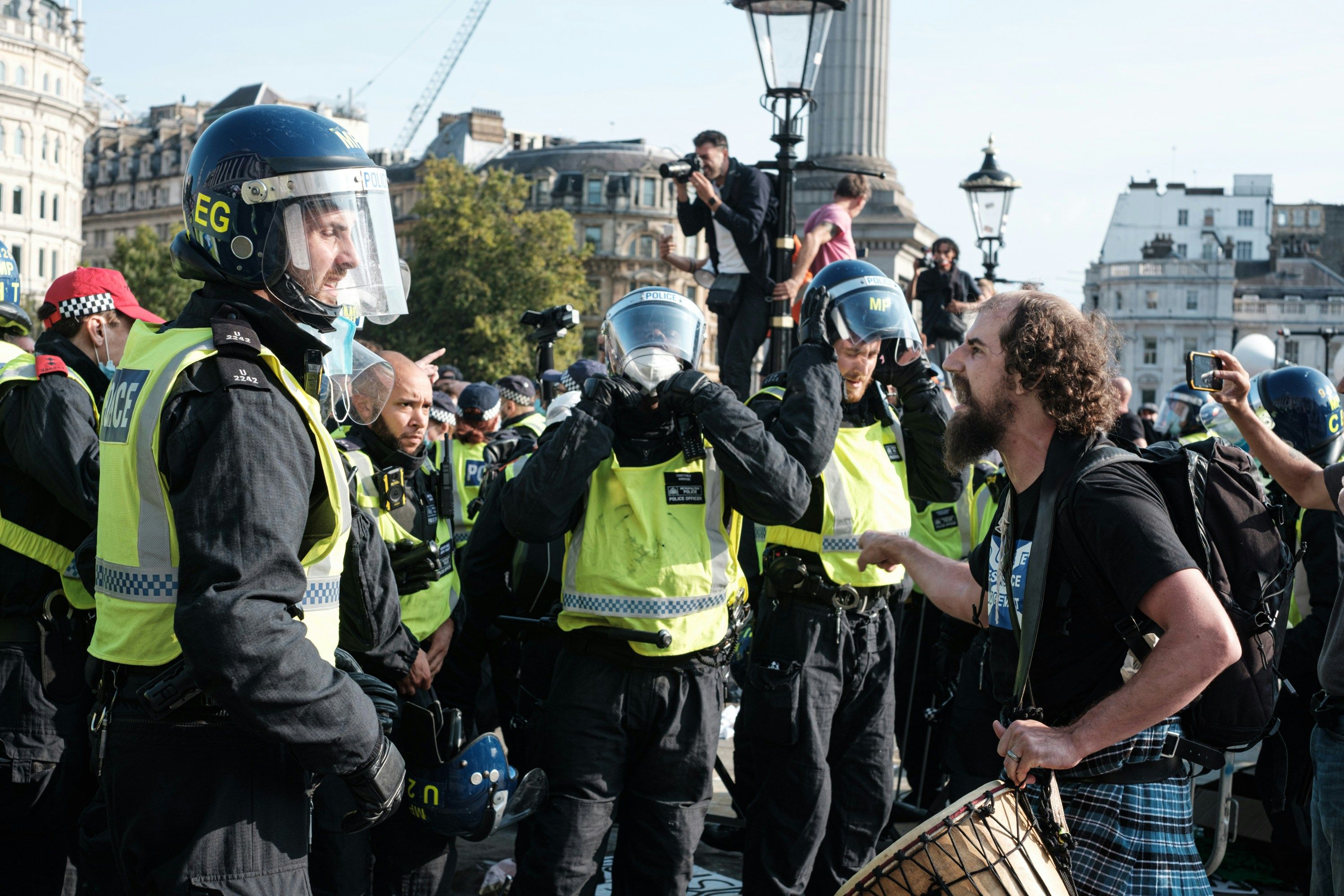TikTok, the short-form video app cherished by millions, finds itself once more in the crosshairs of the US government. This time, legislators are pushing a bill that may drive the app's Chinese proprietor, ByteDance, to sell TikTok or confront a potential ban. But is this ban genuinely justified? Let's dismember the reasons behind the US government's tensions and investigate the potential consequences of these activities.
Why is TikTok Under Scrutiny?
The US government harbors tensions that China could be using or in future may use TikTok to infiltrate American citizens' information or control content to serve its interests and distrusted objectives. This suspicion stems from the fact that ByteDance, the owner of TikTok, is a Chinese company. Whereas there's no public and clear evidence of such activities by China, the very plausibility is sufficient to raise red flags for US authorities, particularly considering China's history of applying control over its residential tech companies.
What Evidence Does the US Have against TikTok?
Here's the core of the issue: there isn't any concrete confirmation that China has ever accessed or abused user information on TikTok. Be that as it may, reports have surfaced demonstrating that ByteDance employees in China were able to access data on US users. This directly contradicts affirmations made by TikTok, casting a shadow of doubt on the app's information security hones.
How is TikTok Responding to this ban?
TikTok vehemently denies all allegations and has taken steps to appease US concerns. Project Texas, a $1.5 billion initiative, aims and intends to move US user information onto Oracle servers within the US and set up a subsidiary, TikTok U.S. Data Security Inc., to supervise and oversee the national security angles of the app.
A Story of Two Worlds: TikTok's Impact on the East and the West
The potential ban of TikTok in the US uncovered and exposed an intriguing dichotomy in how the app is perceived and utilized across the globe. Whereas the US government grapples with national security concerns, the app flourishes in other parts of the world, particularly in the East. Let's dive deeper into these contrasting and polar opposite landscapes.
The West
In Western countries just like the US and Europe, TikTok's rise has been met with a blend of fascination and trepidation. The app's addictive short-form video format and emphasis on user-generated content have irrefutably captured the attention of millions. In any case, tensions about data protection, the potential for manipulation and the spread of misinformation and deception have cast a shadow over its popularity.
The East
In stark contrast, Eastern nations like China and Japan have embraced TikTok with far less fear. Here's why:
Familiarity with Chinese Tech Giants
Eastern populations are more acclimated to the dominance of Chinese tech companies. This recognition breeds a certain level of comfort, compared to the West's wariness.
Content Regulation
Eastern governments often tend to have stricter content control policies and approaches, possibly mitigating concerns around inappropriate content that troubles Western countries.
Center on Entertainment
Within the East, TikTok is basically seen as a source of amusement , entertainment and creative expression. The focus on short-form recordings aligns well with existing amusement patterns in these locales.

TikTok being A Breeding Ground for Development and Innovation
Interestingly, the Eastern embrace of TikTok has cultivated a one-of-a-kind environment for innovation. Here are some notable examples:
E-commerce Integration - China's TikTok has consistently integrated e-commerce features, permitting users to find and buy items directly within the app. This usefulness is still in its incipient stages in the West.
Live Streaming Boom - Live streaming has detonated in popularity on Eastern versions of TikTok, creating uncharted avenues for creators to monetize their content and connect with audiences.
Educational Content - Eastern creators are progressively leveraging TikTok for educational purposes, spreading information in bite-sized, engaging formats.
A US ban on TikTok could have a swell impact over the globe. Here are a few conceivable outcomes:
Fractured Tech Landscape
A fractured tech scene may emerge, with stricter controls in the West hindering advancement compared to the more liberated Eastern market.
Content Bifurcation
Content moderation approaches could veer further, driving to an isolated content scene across Eastern and Western versions of the app.
Erosion of Trust
A ban could disintegrate trust in US authority and its commitment to a free and open web, especially among Eastern countries.

Finding Common Ground
The contrasting circumstances in the East and West highlight the need for a more nuanced approach.
Global Information Security Standards
Collaboration on international data security guidelines could address security concerns without preventing advancement.
Content Control Transparency
Increased transparency around content control approaches across diverse locales can cultivate trust and understanding.
Center on Innovation
Governments can foster a climate that energizes mindful innovation in social media platforms, regardless of their origin.
Beyond the Data Concerns
The US government's anxieties expand beyond data security. Officials have moreover raised concerns around the spread of misinformation and perilous patterns just like the "blackout challenge" on the platform. In any case, critics argue that these challenges aren't unique to TikTok and frequently predate the app's existence. They highlight the platform's ability to surface positive content and foster communities, particularly for marginalized groups who regularly struggle to find a voice elsewhere.
What Does This Mean for the Future of TikTok?
The proposed bill focusing on TikTok faces an uncertain path. Whereas it has cleared a House committee vote, it still needs endorsement from the full House and the Senate. Even if passed, a legitimate battle from TikTok and potential restriction from China might further complicate things.
What About Other Social Media Platforms other than TikTok?

The circumstance with TikTok raises a vital question: in the event that the US government can target a platform based on its proprietorship, could other social media companies confront comparative scrutiny? This equivocalness creates a sense of unease and highlights the need for clearer regulations and controls that address data protection and security concerns without stifling development or unjustifiably focusing on particular platforms.
The Human Cost of a Ban
A potential ban on TikTok wouldn't just affect a well known app. Millions of users, including creators who have built careers and communities on the platform, would be directly affected. Small businesses that have flourished due to TikTok's one of a kind capacity to go viral could also endure significant losses. Marginalized groups who found a voice and a secure space on TikTok may be left without a crucial platform for expression and connection.
The future of TikTok
The fate of TikTok in the US is far from chosen. In any case, the app's contrasting fortunes in the East and West emphasize the complexities of exploring the digital age. Finding arrangements with solutions that address national security concerns while cultivating worldwide innovation and responsible social media practices requires a collaborative effort from governments, tech companies and users alike. The future of TikTok hinges on a worldwide discussion that transcends topographical boundaries.
The US government's concerns with respect to TikTok are established in legitimate anxieties about national security and data protection. In any case, the need for concrete evidence and the potential negative consequences of a ban require a more nuanced approach. Increased transparency and stricter information security measures from TikTok are significant. At the same time, the US government needs to create clear and reasonable regulations that protect national interests without stifling innovation or hurting the millions who depend on these platforms for communication, creativity and community.








